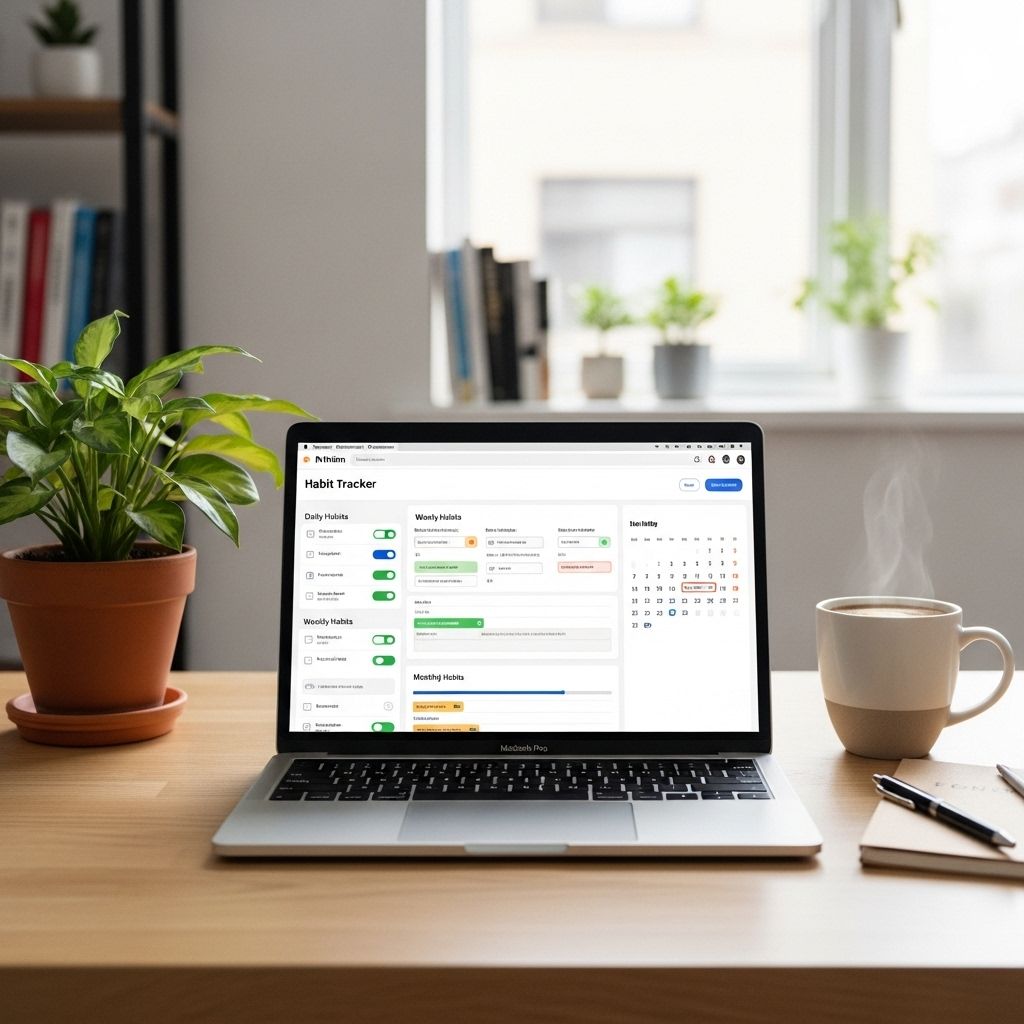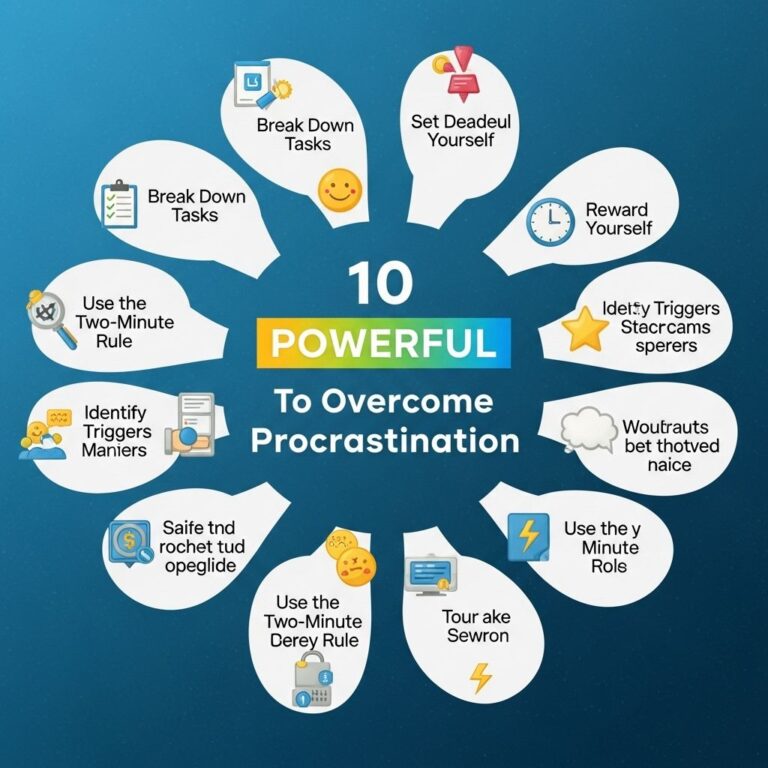Habit tracking is an effective way to build and maintain positive habits while eliminating negative ones. Notion, a powerful all-in-one workspace, allows users to create custom habit trackers tailored to their unique needs. Whether you’re aiming to boost productivity, improve personal health, or simply stay organized, setting up a habit tracker in Notion can help you achieve your goals. This guide will walk you through the steps to create a robust habit tracker in Notion, along with tips for optimizing your experience.
Table of Contents
Understanding the Basics of Notion
Before diving into the specifics of building a habit tracker, it’s essential to grasp the foundational elements of Notion:
- Blocks: Everything in Notion is a block. This includes text, images, databases, and more.
- Databases: Notion allows you to create databases that can be viewed in multiple formats like tables, boards, lists, or calendars.
- Templates: Notion supports templates, enabling you to save and reuse layouts for ease of access.
Creating Your Habit Tracker
1. Starting a New Page
Open Notion and create a new page for your habit tracker. You can do this by clicking the “+” icon within your sidebar. Title your page appropriately, perhaps something like “My Habit Tracker” to keep it easily identifiable.
2. Choosing a Database Format
For tracking habits, using a database format is beneficial. Here’s how to set it up:
- Click on “+ Add a block” and select “Table – Inline” to create a table within your page.
- Label your columns to represent different aspects of your tracking, such as:
| Column Name | Description |
|---|---|
| Date | The day of tracking. |
| Habit | The specific habit you wish to track. |
| Frequency | How often you wish to perform the habit (daily, weekly, etc.). |
| Status | A checkbox or dropdown to indicate whether you completed the habit. |
| Notes | Any additional comments or observations. |
3. Adding Your Habits
Once your table is set up, you can start populating it with habits you want to track. For instance:
- Drink 8 glasses of water each day
- Exercise for at least 30 minutes
- Read for 20 minutes
- Practice meditation
- Limit screen time
Customizing Your Tracker
1. Utilizing Properties
Notion allows for different data properties in your database. Here’s how to enhance your habit tracker:
- Checkbox: Create a checkbox for each day to mark completion.
- Select: Use a select menu for frequency (daily, weekly, monthly).
- Date: Add a date property to log the specific day.
2. Color-Coding Your Habits
Color-code habits for a visual appeal and clarity. This can help quickly identify which habits are being maintained or neglected. For example:
- Green: Healthy habits
- Red: Habits to cut back on
- Orange: Neutral habits
Tracking Progress Over Time
1. Creating a Weekly View
To better visualize your progress, consider creating a weekly view of your habits:
- Add a new view to your table and select the “Calendar” option.
- Filter the calendar to show only the habits you want to track.
- This allows you to see which days you completed your habits at a glance.
2. Using Formulas for Insights
Notion’s formula property can provide insights about your habits. For example, you can create a formula that calculates the percentage of completed habits:
if(prop("Status") == true, 1, 0)Then, you can sum these values to get an overall percentage of habit completion.
Integrating Other Aspects of Your Life
Your habit tracker can also be personalized by integrating it with other pages in Notion:
- Link your habit tracker to a wellness journal to reflect on how habits impact your mental health.
- Create a resource page with articles or videos that motivate you to stick to your habits.
- Combine it with a goal-setting page to monitor your broader goals alongside your daily habits.
Regular Review and Adjustment
It’s crucial to regularly assess your habit tracker:
- Set aside time each week to review your habits and progress.
- Adjust your habits based on what you observe—eliminate ineffective ones and replace them with new, more beneficial habits.
- Celebrate your achievements, no matter how small, to stay motivated.
Conclusion
Setting up a habit tracker in Notion can profoundly impact your productivity and mental well-being. By following these steps, you will not only create a functional tracking system but also develop a deeper understanding of your patterns and behaviors. Customization options allow for personal expression and tailored functionality, making it a unique tool in your personal development journey. Remember, the key to success lies in consistency and reflection.
FAQ
What is a Notion habit tracker?
A Notion habit tracker is a customizable tool within the Notion app that helps users monitor and manage their daily habits and routines effectively.
How do I create a habit tracker in Notion?
To create a habit tracker in Notion, start by creating a new page, then add a database or table where you can list your habits, set dates, and track progress over time.
Can I customize my Notion habit tracker?
Yes, Notion allows extensive customization options, letting you choose different views, add colors, set reminders, and include checkboxes for tracking completion.
Is there a template for a Notion habit tracker?
Yes, Notion offers various templates for habit tracking that you can use as a starting point, or you can find community-created templates online.
How can I track multiple habits in Notion?
You can track multiple habits in Notion by creating separate entries in your habit tracker database for each habit, allowing you to view and manage them simultaneously.
What are the benefits of using a Notion habit tracker?
Using a Notion habit tracker helps improve accountability, enhances productivity, and provides insights into your progress over time, making it easier to achieve your goals.






